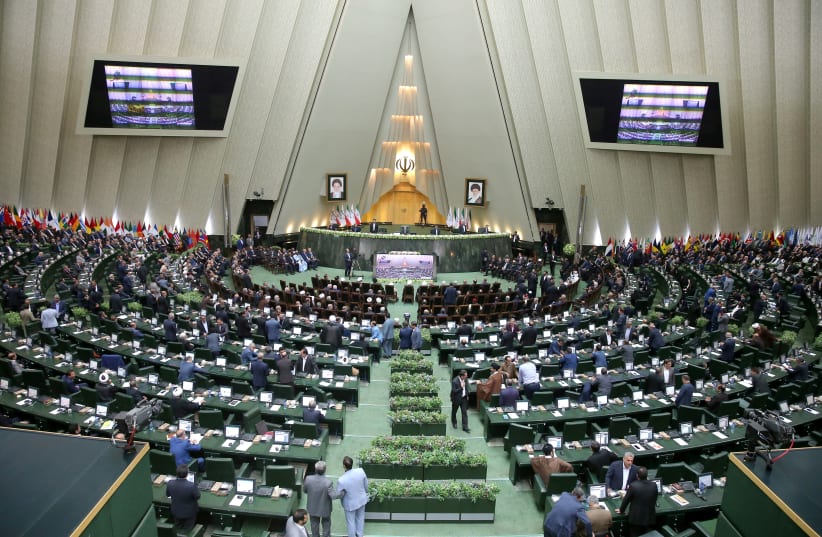US Secretary of State Mike Pompeo announced on Friday that eight countries will be getting some amount of a waiver from the US’s oil sanctions which kick in Monday evening.
Many may be asking: Didn’t the Trump administration say it would bring Iran’s oil exports to zero and that these would be the harshest sanctions ever?
If so, how and why are eight countries – China, India, South Korea, Turkey, Iraq, Japan and two yet-unnamed nations – getting waivers?
First, keep in mind that in addition to these countries, Russia is thumbing its nose at the US pressure campaign and is assisting Iran in a variety of ways economically.
If the US had not granted waivers to China and some of the other countries, they would have also ignored the sanctions.
The macro reasons are that – unlike with the Obama administration sanctions that had basically unanimous global support – Russia, China and even the European Union, at least in principle, view the Trump US sanctions as a bad faith violation of the 2015 nuclear deal.
Next, add the ongoing massive trade war between the US and China, such that the impact of US sanctions against China relating to Iran are really a small piece of a much bigger game.
In other words, China and the US are already bleeding each other economically. A few more sanctions were not going to heavily influence China.
In contrast, with the US-EU trade wars toned down, most large EU businesses are cooperating with US sanctions against Iran.
This is true even where their governments have signaled support for Iran, as the sanctions would expose them to harm they can otherwise avoid.
For the other mostly Asian countries, there is already less incentive to cooperate with the US, because Asian neighbors and powers China and Russia were not going to be cooperating.
There have also been concerns about the price and supply of oil globally, meaning that without some Iranian oil the price might increase too fast – the price already having been much higher in recent months.
Besides those big-picture issues, there are an array of individual-country issues.
Iraq is not only next to Iran, it is economically and culturally so intertwined with Iran that it is not obvious if Iraq would have the capacity to break away completely from Iranian oil.
Iraq has already seen protests over energy issues and also, for an extended period, has not even had a functioning government that might hold together such a difficult balancing act.
India and South Korea do not border Iran, but they both rely heavily on its oil and they are important countries to overall US interests.
For example, the US does not want to have India and South Korea move geopolitically closer to China, Russia and other competitors and away from its influence.
India in particular already buys many weapon systems from Russia and has decided to violate US sanctions on Russia to purchase its S-400 anti-aircraft system.
All of that said, as Pompeo noted on Friday, the waivers are not full waivers. He said that two of the countries will be bringing their Iran oil imports to zero, but just needed some more time to wind down.
Interestingly, Pompeo also said the Obama administration allowed waivers to even more countries – a total of 20 – though the devil is in the details in terms of how big the waivers were, especially when the Obama era witnessed more cooperation from China and Russia.
Other countries were given partial waivers after they demonstrated that they were making serious efforts to reduce their Iranian oil imports.
Whether the exemptions, or the willingness of powerhouse Asian countries to help Iran weather the US sanctions, will mean the sanctions are insufficient to change the Islamic Republic’s behavior remains to be seen.
